Beschrijving
The ecological perspective one has depends on fundamental forms of thought. The old form, with a separation of subject and object, in a static ontology of the fixed identities of things, led to destruction of nature, and we need a new form that is more nature-friendly, robust and flexible, that adapts to changing conditions. That digs deep.
I plead for an ontology of relational dynamics, oriented to change of humanity and nature, resulting from unpredictable interactions between humans among each other and with nature, imstead of autonomous individuals or parts of nature. That yields uncertainty and unpredictability of Gaia. That requires modesty concerning knowledge and science, and recognition of the potential of nature for blessings as well as disasters. That has elements of a revival of Humanism, which did not exhibit hubris concerning human potential, and disregard towards nature. It should now concern not only the human being, but the whole of Man and nature, with a condemnation of ‘ecocide’. In New Zealand a river has been accorded a personality. In Spain, monkeys have received fundamental rights.
There is a disastrous logic that many fail to see. To save nature, for the long term wellbeing, a limitation is needed of consumption, and the production needed for it, and a stop to economic growth in prosperous countries. That could be achieved with a higher VAT, limitation of pollution, higher taxes on distant flights and car usage, less consumption of meat, stimulation of biological agriculture and husbandry, and a Universal Basic Income, for which I have pleaded for many years. There is no political majority for this. And protests to such measures are exploited by populistic politicians, who now gain the upper hand. That is the tragedy of democracy. We happily trundle on a dead end of evolution.
Author: Bart Nooteboom


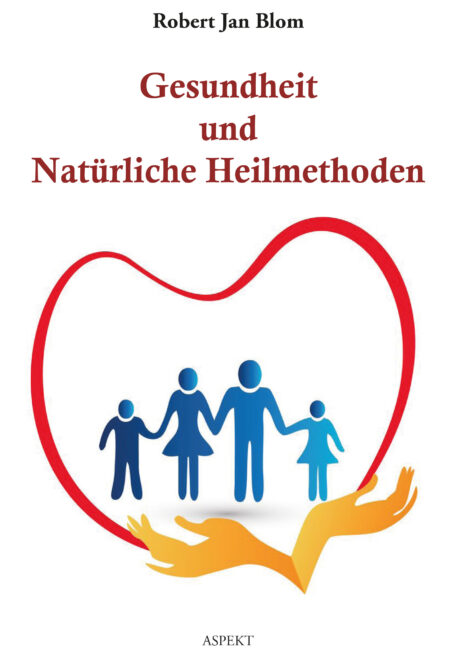

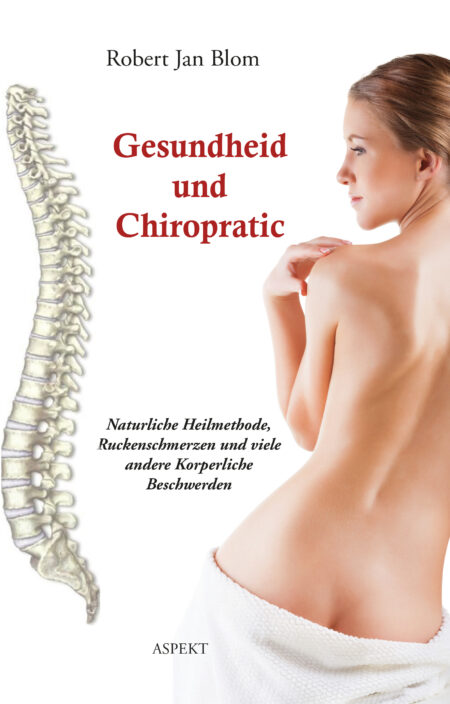

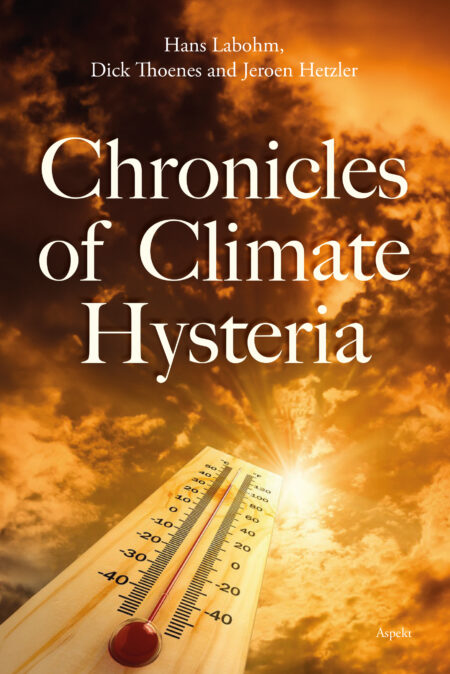

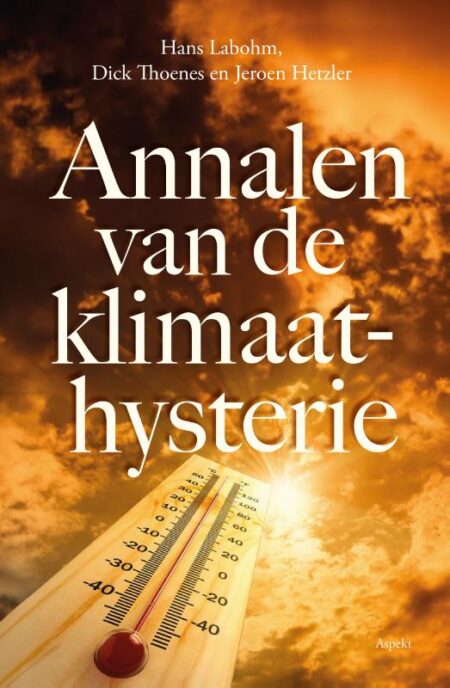
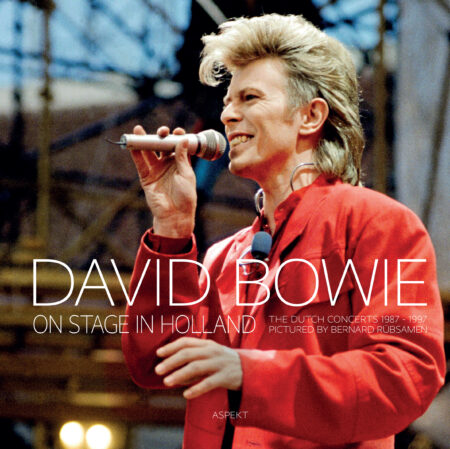


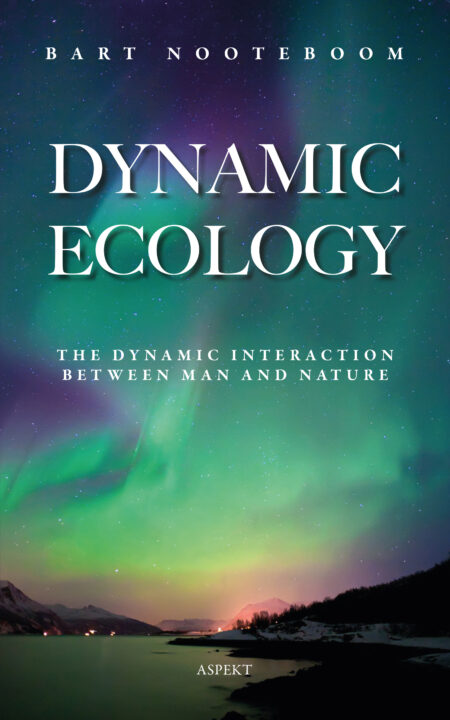
Beoordelingen
Er zijn nog geen beoordelingen.